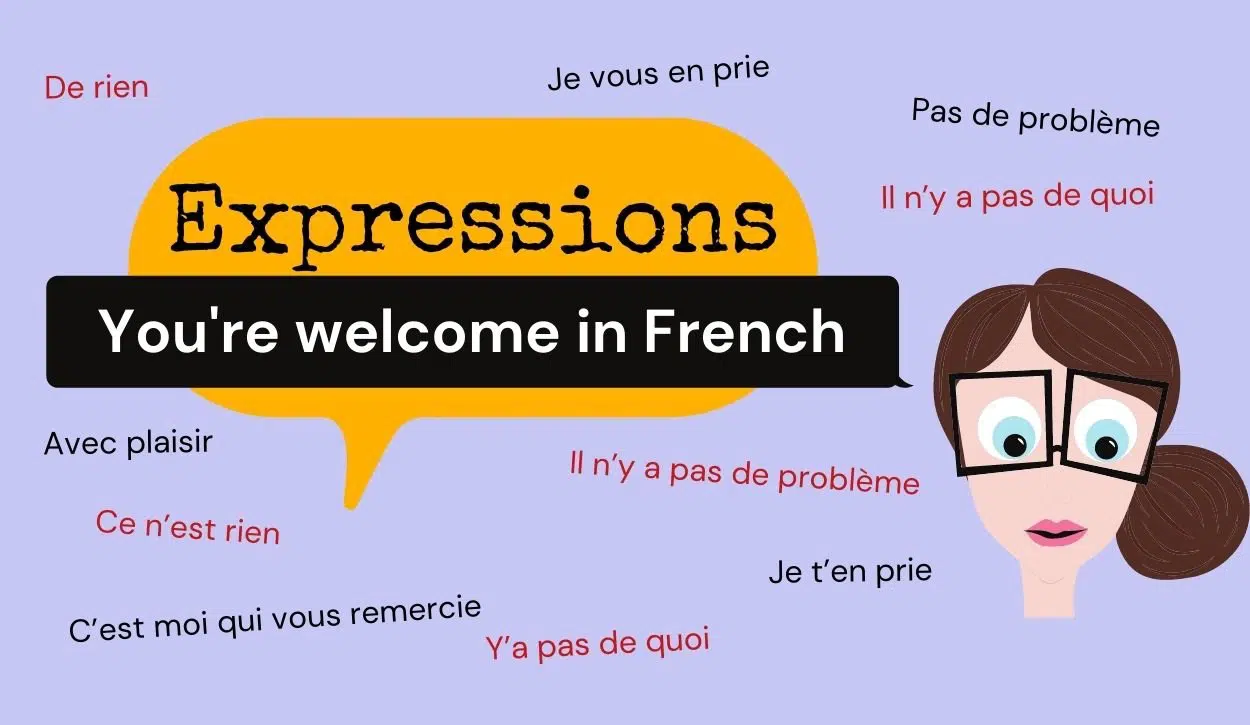Unlocking Cultural Grace in Communication | NYT
In a world where cultural diversity enriches our interactions, mastering polite phrases in different languages can be a valuable asset. Among the languages celebrated for its finesse and elegance in communication is French.Polite french phrase nyt From the bustling streets of Paris to the quaint villages of Provence, the French language carries a unique charm, especially when expressed with politeness and courtesy. Let’s explore some essential polite French phrases that can enhance your conversational repertoire and deepen your understanding of French culture.
Bonjour, Mademoiselle/Monsieur
The cornerstone of French politeness begins with a simple yet profound greeting: “Bonjour.” Whether you’re entering a shop, meeting a colleague, or starting a conversation with a stranger, uttering this word sets a tone of respect and civility. Adding “Mademoiselle” for an unmarried woman or “Monsieur” for a man adds a touch of formality and acknowledgment of the person’s status.
S’il vous plaît (Please) and Merci (Thank you)
Two pillars of politeness that transcend language barriers are “S’il vous plaît” and “Merci.” “S’il vous plaît” gracefully seeks assistance or favors, while “Merci” expresses gratitude. Mastering these phrases showcases your appreciation for the courtesy extended to you and reflects positively on your character.
Excusez-moi
In crowded places or when seeking someone’s attention, “Excusez-moi” is indispensable. It not only apologizes for the intrusion but also demonstrates awareness of personal space and consideration for others’ time.
Je vous en prie (You’re welcome)
Responding to gratitude with “Je vous en prie” elevates the interaction from a mere exchange of words to a mutual acknowledgment of respect and gratitude.Polite french phrase nyt It conveys a sense of generosity and willingness to assist further if needed.
Pardon (Excuse me/Pardon me)
Similar to “Excusez-moi,” “Pardon” seeks forgiveness for a minor inconvenience caused to others. Whether it’s bumping into someone accidentally or interrupting a conversation, this phrase restores harmony and demonstrates humility.
Je suis désolé(e)
When faced with a situation requiring deeper regret or apology, “Je suis désolé(e)” expresses genuine remorse. Whether it’s arriving late for an appointment or making a mistake, acknowledging it with sincerity fosters understanding and forgiveness.
Auriez-vous l’obligeance de…
For requests requiring a touch of elegance and deference, “Auriez-vous l’obligeance de…” (Would you be so kind as to…) adds a polite flair. Whether asking for directions or a favor, framing your request in this manner demonstrates respect for the other person’s time and willingness to accommodate their schedule.
Je vous prie de m’excuser
In situations demanding a formal apology or seeking understanding for an oversight, “Je vous prie de m’excuser” (I beg your pardon) conveys humility and regret. It acknowledges the impact of your actions on others and seeks reconciliation.
Enchanté(e)
Upon meeting someone new or being introduced, “Enchanté(e)” expresses delight and pleasure in making their acquaintance. This simple phrase fosters a warm and welcoming atmosphere, laying the foundation for meaningful interactions.
Je vous remercie de votre attention
Concluding a conversation or presentation with “Je vous remercie de votre attention” (Thank you for your attention) demonstrates appreciation for the time and consideration given by the audience. It leaves a lasting impression of professionalism and gratitude.
Mastering these polite French phrases not only enhances your linguistic skills but also deepens your understanding of French culture and etiquette. By embracing the nuances of politeness embedded in the language, you not only communicate effectively but also foster meaningful connections and leave a positive impact wherever you go. So, next time you engage in a conversation en français, remember to sprinkle it with these gracious phrases, and watch as doors of opportunity and friendship open before you.







